I need to merge 2 arrays using UniRx in order to get Observable which emits first elements of arrays then second elements and so on, then emits the rest of the longest array
I tried Zip but Zip cuts the tail of longest array I tried Merge with Scheduler.DefaultSchedulers.Iteration but it starts a parallel threads which I don't want
var x1 = new[] {1, 2, 3}.ToObservable();
var x2 = new[] {4, 5, 6, 7, 8, 9}.ToObservable();
var merge = x1.Merge(x2);
merge.Subscribe(i => print(i));
I expected 1 4 2 5 3 6 7 8 9 I got 1 2 3 4 5 6 7 8 9
